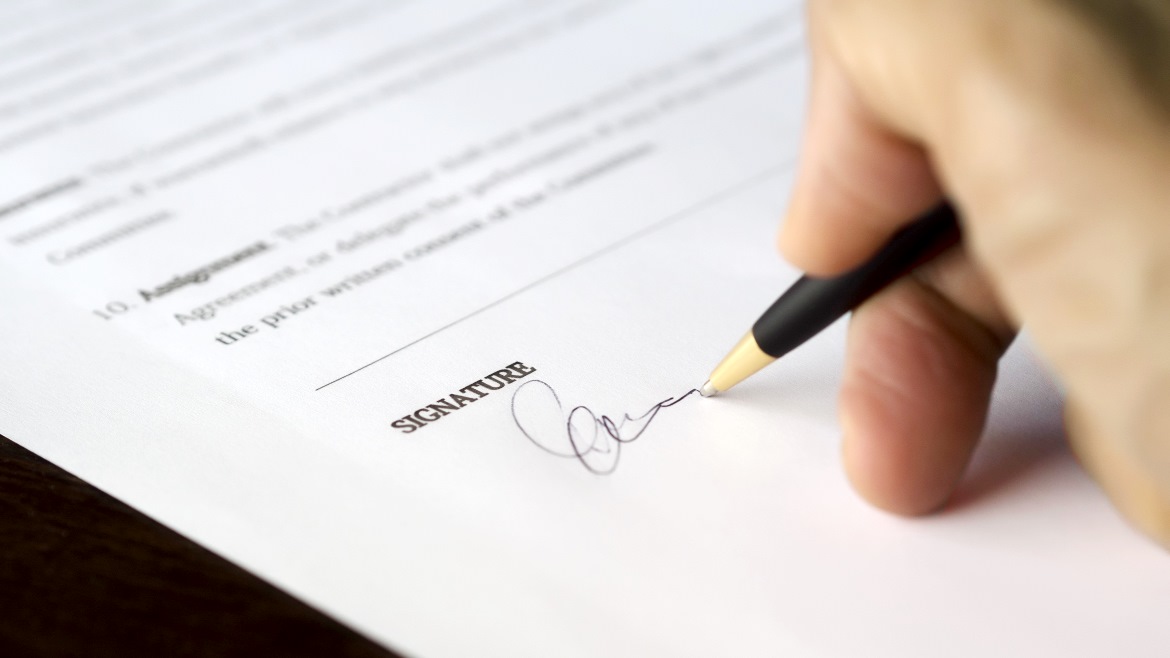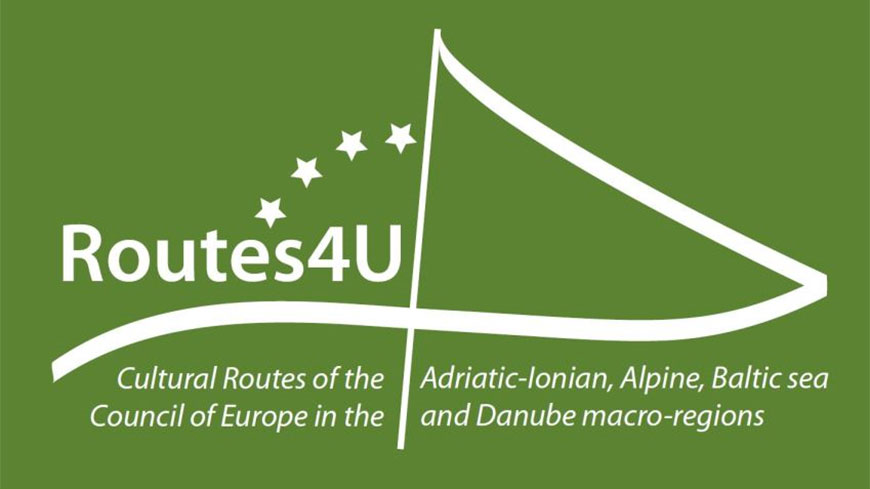How to apply for grants? A mini-guide
Grants constitute an important source of funding for Cultural Routes. They also pave the way for cooperation with international and/or intergovernmental organisations.
Nevertheless, the application procedures are sometimes difficult to understand. This might discourage potential grant-seekers with the result that they do not submit an application. It might also result in the submission of a proposal that will then be assessed as ineligible.
Therefore, guidelines for the application for grants have been prepared to facilitate the preparation of proposals. This list is not exhaustive.
Explore the sections below to find the right funding and prepare your proposal in the best conditions:

Find the perfect match
Guidance on the first steps to follow to find the right funding and what you need to take into account before preparing your proposal.
1. Find a possible grant
- Be aware that there are many opportunities to apply for a grant. In order to facilitate your search, you are invited to go on the EuroAccess website. On EuroAccess, you can easily identify the possible funding in the four EU-macro regions, making a search based on the country/ies and or the thematic field.
2. Make sure that you are eligible for the grant
- Eligibility criteria are listed in a specific section of the call for proposal.
- Read the exclusion criteria defined in the call for proposal.
- Read the award criteria defined in the call for proposal. Always keep in mind that your proposal will be evaluated according to them.
3. Read carefully the whole call for proposal
- One of the most common mistakes is that grant-seekers do not due regard all the details set out in the call for proposal and hence risk to submit applications which are either incomplete or inconsistent with the requirements.
4. Develop a proposal in line with the objectives of the call and the fields of actions
- Do not develop or re-use a proposal that is not in line with the objectives of the call and/or fields of actions.
5. Get background information about the funder
- Your proposal needs to be of interest to the funder.
6. Find the right answers to provide you guidance
- Go on the Question and Answer-page of the call for proposals to receive further information which might provide you a guidance in preparing your proposal.
- If you have open questions, contact the organiser to receive the answer.
- Careful: There is generally a deadline until when questions can be asked.

Steps to prepare your proposal
Do you want to be sure that your proposal fits with the funder's expectations? Look at the information below and do not miss any important point to ensure a successful application.
1. Prepare the proposal well in advance of the deadline to clarify open questions
- Quality suffers when a proposal is rushed or when the idea was not carefully developed. Bad time-management is a major problem for grant submissions
2. Ensure that all questions in the call for proposal are answered
- It is a common problem that grant proposals are only half finished due to time-constraints and that relevant information is not given or is given included only as attachment and not in the application form itself. This will result in a low score in the final evaluation.
- All additional and supplementary information that is not asked but might be of interest should be given as an attachment.
3. Avoid exaggerations and provide concrete data
- Don’t raise expectations that you might not be able to comply with. This will damage your reputation and might cause a non-payment for non-compliance with the contract.
- The narrative text should contain concrete numbers and data to support the relevance and value of your proposal.
4. Define measurables outcomes
- Ensure that the proposal is clear and specific with measurable outcomes. Only once you have identified measurable outcomes, you can develop a budget plan in line with your proposed activity.
- Define the intermediate as well as the long-term outcomes and how you plan to monitor them. The reviewers need to understand that you plan sustainable activities that have an impact on the long-term. Note that the impact of an activity is measured through the impact that it has on the communities on the ground so do not forget to include communities in your activities.
5. Provide information on the co-funding
- Co-funding is a general key principle of grants in comparison to paying the services of a provider. A lack of co-funding would result in the exclusion of the proposal.
- Co-funding usually may take the form of financial or human resources, in-kind contributions or income generated by the action or project. In this respect, you should calculate how you will contribute in terms of co-funding.
- The value of the co-funding propose may be considered in the context of the evaluation as it may contribute to the feasibility of the proposal.
6. Propose a reasonable budget
- Cost-effectiveness is an important criterion for the reviewers.
- If your budget proposal contains unbearable and unreasonable costs, this will result in a low score of the whole proposal and likely the exclusion.
7. Define staff costs and time
- Be reasonable in staff costs. You might need extra staff to implement the activity proposed. As a general rule, these staff costs should not exceed 30%; a different percentage might be indicated in the call for proposal. If you plan higher staff-costs, you might add an explanation why they are higher. You cannot put the staff costs of your regular staff on a grant-budget (see principle of co-funding).
- Be realistic about staff-time. The implementation of a project requires time. Once you receive the money, the main administrative and management work just started.
8. Develop a communication and visibility plan for your proposal
- The best activity will not be successful if nobody knows about it. So ensure that you promote your activity in the best way.
- In this regard, keep in mind that the funder might expect you to raise his visibility too. Do not “forget” to include his logo/name if needed.
9. Check the Q&A page
- Due to reason of equal treatment, all applicants must receive the same information. In this respect, the answers to all the applicants’ questions must be made available to all the applicants, indiscriminately.
- The answers provided to the questions that the other applicants raised might provide you with additional guidance and clarify points you might have misunderstood.

Last advices before applying
Some common mistakes are made by applicants before applying. Check this section to be sure everything will be in order for your application.
1. Do not submit the proposal on the last day
- If your proposal was not submitted due to a technical problem you should have enough time to rectify this problem.
- As a general rule, plan a submission three days before the deadline, that leaves you time to verify if the complete proposal has been received
2. Check that you provided all the requested information and documents
- You find all information on required documents in the call for proposal.
- Please note that his might not only be an application form and a budget but that you might be required to submit supportive documents.
3. Do not forget to sign the proposal
- This seems evident but is a common mistake in the submission of proposals that they are not signed or that they are not signed by the right person.

